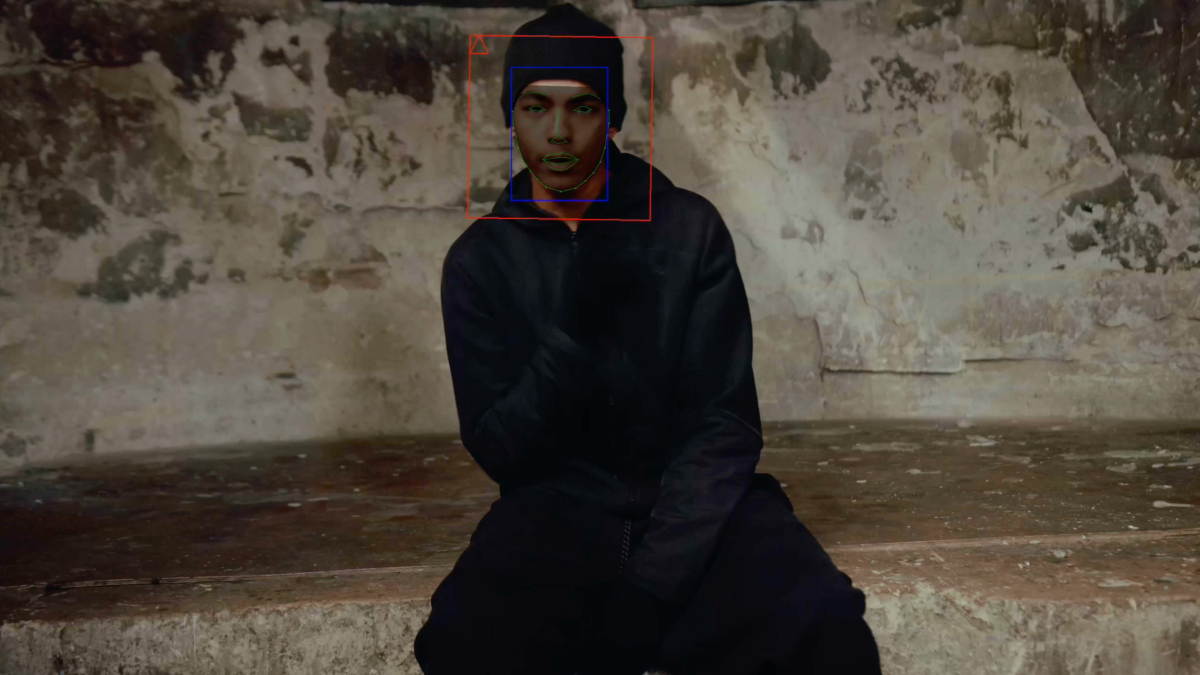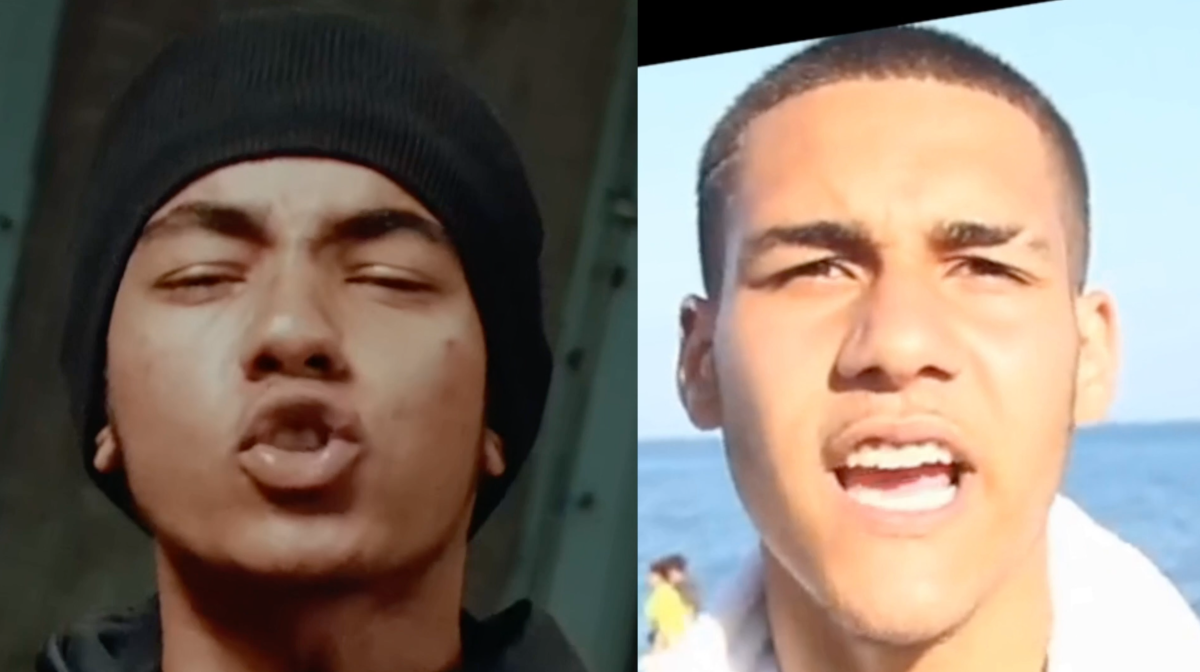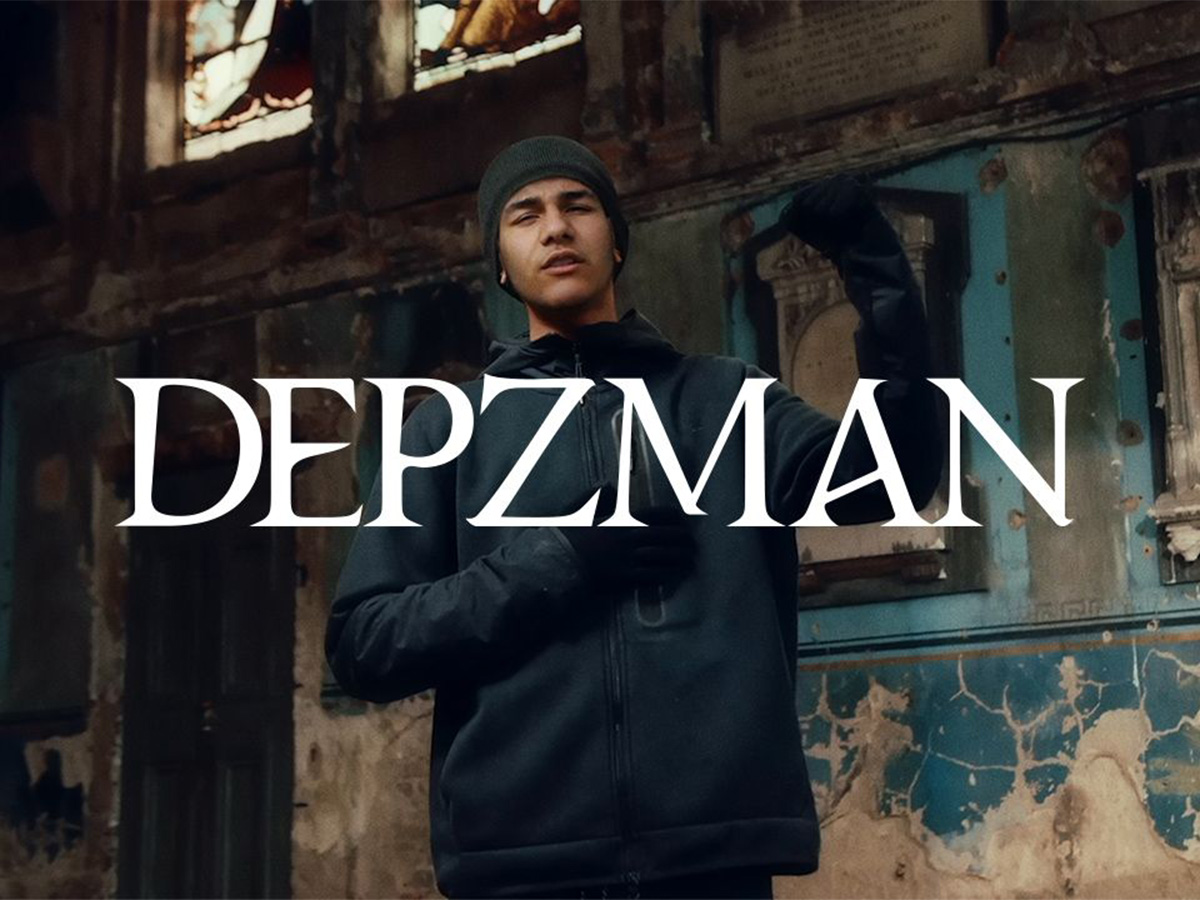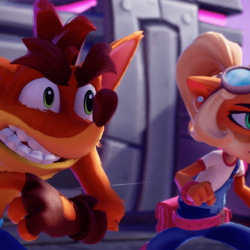McCann London’s CCO, Laurence Thomson, and Founder of the Joshua Ribera Foundation, Alison Cope, discuss the launch of their recent anti-knife campaign Life Cut Short. A proactive idea born out of McCann’s internal brainstorming function ‘King Kong’, this campaign tells Joshua aka. Depzman’s story through an emotional music video using deepfake technology. They hope to save lives across not just the UK, but the world.
Hi Alison, thanks for talking to us. It’s been nearly 10 years since your son Joshua Ribera (aka. Depzman) tragically died. Reflecting on that time, how do you feel looking back, and how has the community supported you?
Alison Cope: It doesn’t feel like 10 years since I lost Josh. In one sense it feels like forever, and then I look back and wonder how I’ve actually managed to be without him for 10 years. If you asked me the day before he died if I would have been able to live without him, I would’ve said no way not even a second. The past 10 years have swept me up, it’s a bit of a blur. The support from the community, his fans and friends and the love they still have for him has kept me going. Young families, communities and professionals really appreciate that I haven’t given up. I continue to fight on, desperately trying to make change for young people across the UK and save lives. I do think I’ve saved lives, so on reflection I’m proud I’m still here and I do it because of the love I have for my son.
It’s an incredible partnership. How did it come about, and what was McCann London’s inspiration?
Laurence Thomson: Rory Peyton Jones and Elliot Lee (Creatives at McCann London) came up with the idea during one of our brainstorming sessions, known as King Kong. Through King Kong, creatives can produce their own briefs and pitch ideas directly to clients including charities, in this case The Joshua Ribera Foundation. Here, the self-written brief was an anti-knife message, an issue that’s important on a personal level to Elliot and Rory and has touched so many lives. Elliot comes from the Midlands and he remembered hearing about Depzman’s shocking death on the news. He could see the power of recreating Depzman’s voice to speak out about knife crime, which developed into the idea of a full track and music video. We understood the importance of the work and put the backing and resources of the company behind it to make it happen.
AC: I’ve been in contact with Rory and Elliot since the conception of this campaign nearly three years ago. They came up with the idea, and asked me as Josh’s mother, for my support. They have been amazing — respectful, considerate, really really thoughtful throughout the whole process. When we initially spoke on Zoom, and they showed me the idea and I immediately knew we had to go with it. It was going to stop people in their tracks and really make people stop and think. It’s such an incredible tool to educate people.
Can you tell us more about these ‘King Kong’ sessions, how are they structured and what can others learn from them?
LT: We call these brainstorming sessions ‘King Kong’, the idea being that content is king and context is King Kong. We run weekly online meetings, each one based on a different theme (such as hormones, youth at work, sustainable futures) but all focused on contextual and relevant thinking. They’re dedicated to understanding the cultural context in which we’re making work, and the trends and truths that can be found there.
The sessions started in our London office and continue to be run there, but went online during the pandemic and now have participation around the world. Sometimes they immediately lead to ideas, and other times inspiration percolates before surfacing during a new brief. We also have review sessions, where ideas are discussed and workshopped. I think agencies can learn a lot from them. Predominantly it’s about allowing our creative juices to flow in areas our clients may not currently be exploring. They’re open and inspiring sessions, which have led to some of our best work.
Alison, what was your goal when you set about doing this campaign? And Laurence, how has McCann London supported her?
AC: The goal was to ultimately save lives. I’ve brought this into schools on my own, and I’m aware I’ve done a very good job of reaching as many people as I can, but my approach is quite unique. I like to stop people personally in their tracks and make them process what I’m saying and think about their own lives. That’s hard to do on a national scale.
I want to inspire as many people as I can and start to bring home the awful reality of knife crime. It’s everyone’s problem, but people don’t realise that, do they? When a young person loses their life, that’s on all of us. I’m also determined to get those in power and education to make this kind of education compulsory. At the moment we’re not obliged to teach children about gangs, knives, drugs… and we absolutely need to. We’re losing too many young people.
LT: McCann’s ethos is that we make work that plays a meaningful role in people’s lives, and this feels like some of the most meaningful and urgent work we’ve ever made. With this project we’ve been able to amplify the work that Alison is doing every day out in schools, to help her reach millions more. Alison recently hit a milestone of 1 million people who’ve attended her sessions, and this film hit 1 million views across social media in a few hours. That’s the power of the internet and a powerful idea.
On technology and music: why did you choose deepfake to connect and engage with this community?
AC: This is McCann’s area of expertise, I don’t know how to do it!. We know music connects with young people, and is a powerful and emotional medium that influences, affects and impacts them. And not just young people — adults too. This track was the perfect way to bring Josh’s talent and story to life, and to engage with young people.
LT: The project originally began as a pure music thing, creating a song with Depzman’s voice that tells his story and stands up as a great grime track. But it made sense to also create a music video, just like any big musical release. Deepfake is a very exciting emerging technology that makes the impossible possible and it’s a magnet for controversy — but in this case it’s being used for good. All of those things make for a compelling story that journalists know people at home will want to hear about, and the more coverage and engagement this project gets, hopefully the more lives we can save.
This campaign has been in the making for almost three years, what have been some of the biggest hurdles you’ve had to overcome?
AC: The biggest hurdle was support. You might be surprised but when we reached out to lots of youth organisations and football clubs, they’d say no to supporting us — through promotion or financially. On the one hand they’d say it was a brilliant idea, but on the other they’d say they don’t want to support it. I was shocked if I’m honest. It really delayed the video coming out because of the cost. McCann have been amazing. They made this happen, supported it and pushed it, and have put so much time and effort into making it a reality when everyone else said no. I refused to give up, which Elliot and Rory fully supported.
The emotions have also been a huge hurdle — I’ve been upset and scared it wouldn’t happen, but Rory and Elliot have always supported me. There have been, and still are, a lot of emotions which have been difficult. I just wish more youth organisations had been on board from the beginning so it could be bigger and been used more effectively. Some of them are now saying they’ll use it, but they need to do so in an effective way. There’s a difference. We need to use it in a way that brings effective change.
LT: From an agency perspective, writing the song and creating the voice were the most difficult things. We needed the song to sound authentic to Depzman’s style and convey the message of the campaign. We hunted for a writer who would ghost write side by side with Alison, and found that in ShadowCV, who did an amazing job of listening to Depzman’s story and his old music, and translating that into a brilliant new song that immediately grabs you and gets stuck in your head.

SBTV launched a new generation of stars like Stormzy, Ed Sheeran and JME. What was it like to work with SBTV and the hugely talented (and very missed) Jamal Edwards?
AC: For me, SBTV was the only choice. When Jamal was alive I was in touch with him regularly. He was an amazing person. Everything that’s said about him, the positivity, is absolutely true. He had a huge heart, his warmth, care, consideration and respect. I wanted this video to come out on a platform that understood loss and grief. With the absolute tragic loss of Jamal, it felt like the right channel, with the staff understanding what it means to lose somebody. It’s not as easy as ‘oh well we lost them, let’s do a tribute. It’s a lifetime of pain that we all live with now. It was an honour to work with SBTV and speak with Jamal. To know that he supported this campaign and wanted it to happen, is why the team at SBTV (and Jamal’s mum) have supported it, and been really helpful getting it out there.
LT: Jamal’s passion for the project gave us massive confidence that we could pull it off. He always had such a great sense for the music scene and the way things would be received, so when he gave it his backing it was a real turning point in the journey of the project. He had terrific energy, whether it was on a Zoom call or when he visited our office. We feel lucky to have had the chance to work with him.
One of the hardest things to achieve, is to ensure your campaigns have longevity and don’t fizzle out over time. How are you both keeping conversation going, and encouraging individuals and brands to follow suit?
LT: The song and film have become tools which Alison takes with her into schools, youth centres and the prisons where she gives talks. But we also want them to become open tools for schools to use to educate their students. Our plan is to work with educators to create a lesson plan around these resources. Currently there’s no mandate to educate kids on youth violence in the national curriculum. Alison is campaigning to change that, and get it on the curriculum for all young people to learn about.
Finally, if there’s one thing you’d like readers to take from this interview, what would it be?
AC: Knife crime is affecting all communities, right now. But it’s very preventable. I don’t want this interview to scare anyone, I just want them to talk to their children — ask them one question, ‘What percent of children carry a knife?’, and find out if they’re concerned about this subject. If they say 50-70%, we need to start looking into that and asking why. If you asked them if they felt like they’d be kidnapped on the way home, people would be horrified, so we need to ask the question to our own children. If you don’t feel able to have this conversation, then please reach out to your schools and police so these conversations can be had in a safe and age appropriate way.
LT: If you have an idea that you think needs to exist in the world, make it. If you care about it, someone else will too, and then someone else and someone else. Great ideas will always inspire people to get involved, don’t be afraid to share them.

Featured image: Depzman – Life Cut Short / SBTV




























